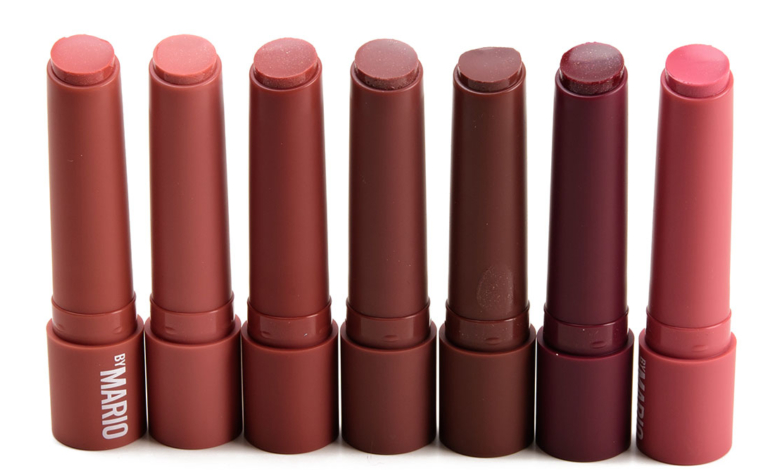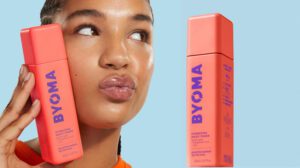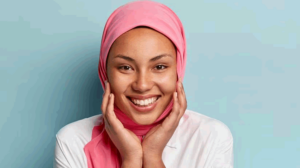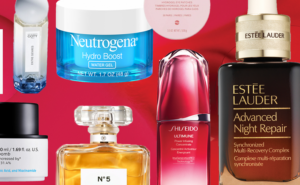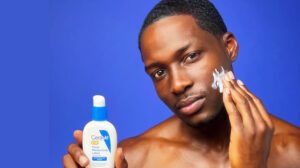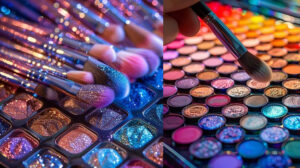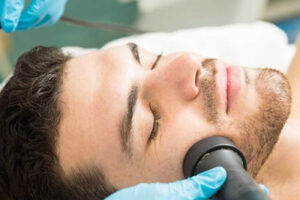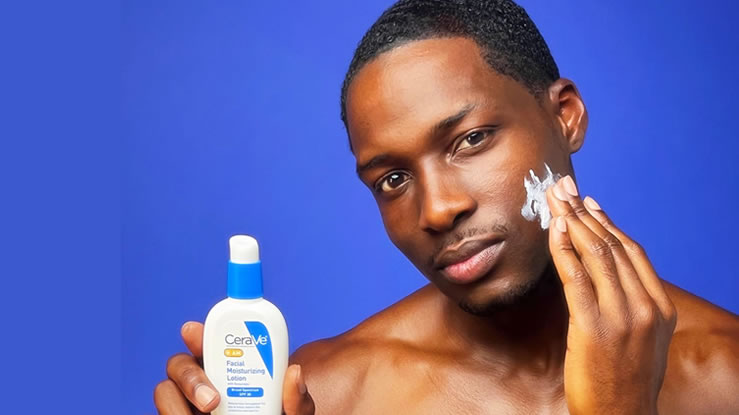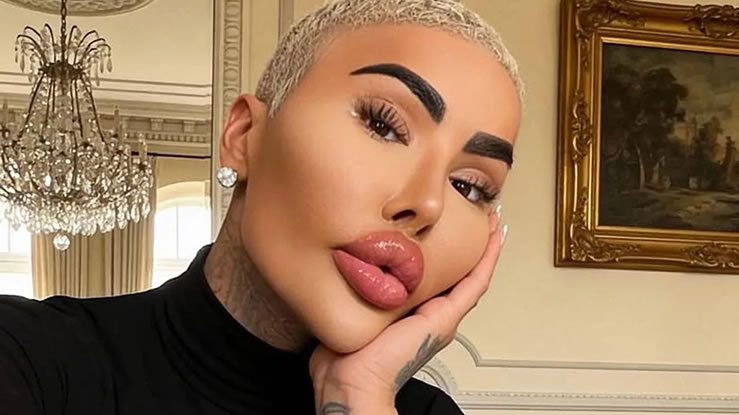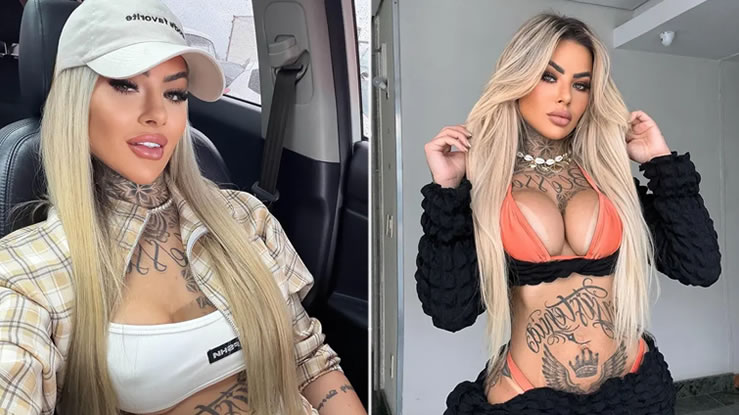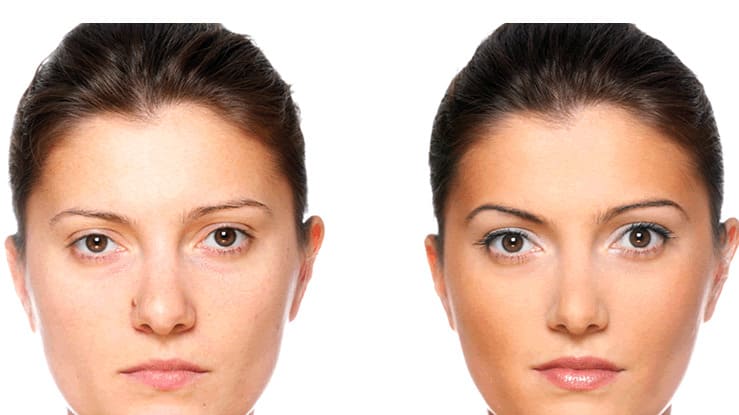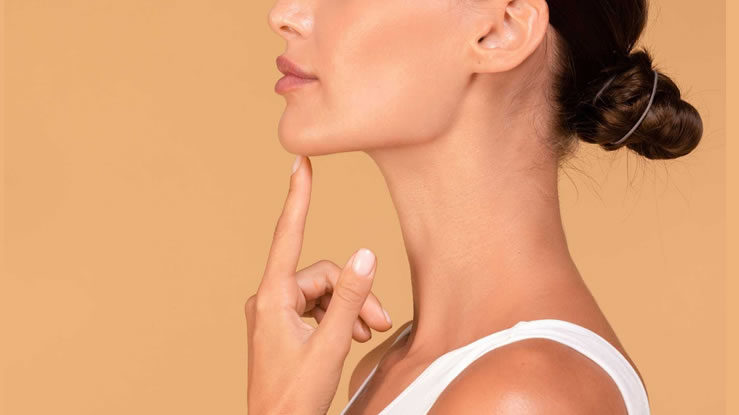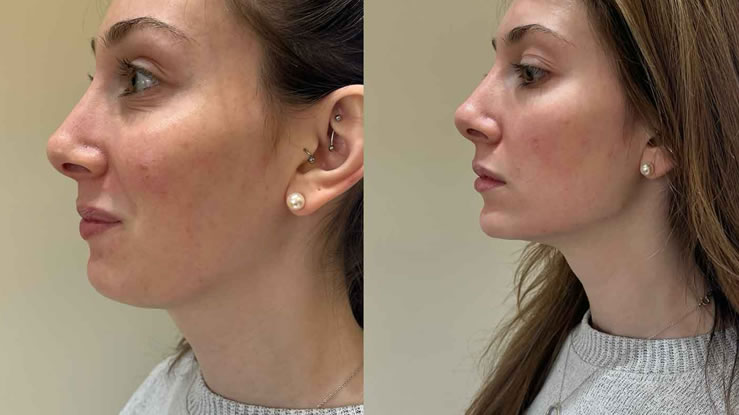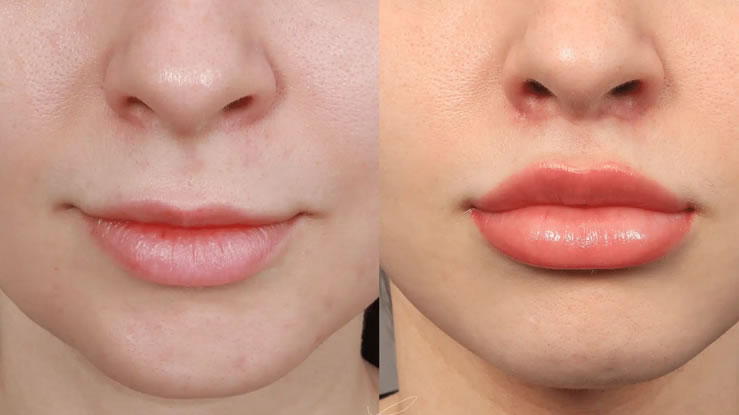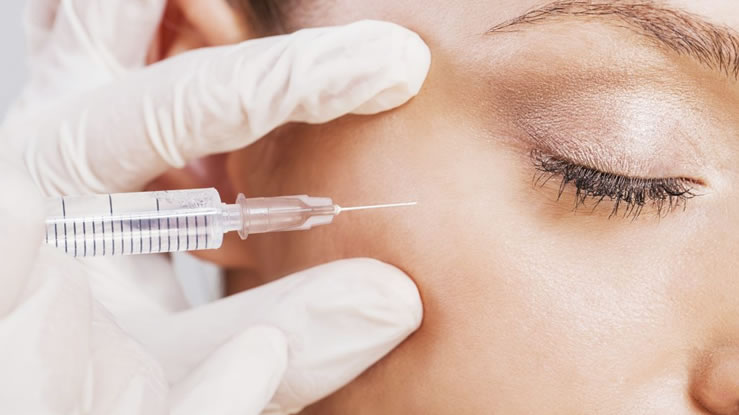Makeup, at first glance, appears to be a simple tool for beautification — a swipe of lipstick, a flick of eyeliner, or a dusting of blush. But beneath its colorful surface lies a fascinating psychological world. For centuries, makeup has been more than just an aesthetic enhancement. It’s been a means of storytelling, empowerment, emotional armor, rebellion, and even ritual. Whether subtle or bold, the act of applying makeup goes beyond the physical transformation and taps into our deepest emotions, desires, and social behaviors.
In this article, we’ll peel back the layers (pun intended!) and explore the complex psychology behind why people wear makeup, how it influences our moods and self-perception, and what it says about human nature. Get ready to see makeup in a whole new light!
1. The Emotional Boost: Confidence in a Compact
One of the most immediate psychological effects of makeup is the undeniable boost in confidence it provides. Studies have shown that wearing makeup can lead to increased feelings of self-assurance and positivity.
It’s not just about looking “better” by societal standards; it’s about feeling ready to take on the world. Many people describe makeup as their invisible armor — a way to feel polished and in control, especially in situations where they want to make a strong impression. Think job interviews, first dates, or even public speaking events.
Interestingly, this boost isn’t superficial. The “lipstick effect” is a well-documented psychological phenomenon where, during times of economic downturn, sales of beauty products — especially lipstick — tend to rise. Why? Because small, affordable luxuries like makeup help people feel empowered and uplifted even in uncertain times.
2. Makeup as a Form of Self-Expression
Makeup is an art form. Just like fashion or body art, it offers an endless canvas for creativity and self-expression. Some people use makeup to express their mood: bright, colorful eyeshadows on joyful days, or dark, smoky looks when feeling edgy or bold.
In fact, the rise of trends like graphic eyeliner, statement blush, and gemstone embellishments shows how makeup has evolved into an extension of personal identity. It’s a way to say: This is who I am today.
Moreover, makeup allows us to shift between identities with fluidity. One day you might channel classic elegance, and the next day, experiment with avant-garde designs. This flexibility satisfies our human desire for novelty and variety, keeping us mentally stimulated and emotionally connected to ourselves.
3. The Social Signal: How Makeup Shapes Perception
From a psychological standpoint, makeup acts as a powerful social signal. Whether consciously or unconsciously, we interpret certain makeup choices as cues about a person’s personality, status, or intentions.
For example:
-
Red lipstick is historically associated with confidence, power, and seduction.
-
Natural, dewy makeup can signal approachability and freshness.
-
Bold, creative looks might suggest artistic flair and individuality.
Research has even found that people tend to perceive those who wear makeup as more competent, trustworthy, and socially dominant. Of course, this isn’t always fair or accurate — but it highlights how makeup influences not just self-perception but also how others interact with us.
4. Rituals and Mindfulness: The Therapeutic Side of Makeup
Applying makeup can be deeply therapeutic. For many, it becomes a calming daily ritual, a few moments of mindfulness before the chaos of the day begins.
The repetitive, tactile nature of makeup application — the gentle swirl of a brush, the precision of lining the eyes — can act almost like meditation, helping to center the mind and reduce anxiety. It’s a pocket of time carved out for self-care and intentionality.
Therapists often acknowledge that engaging in beauty routines can help those struggling with mental health challenges by restoring a sense of normalcy and control.
5. The Role of Culture and Society
Cultural upbringing plays a huge role in how we perceive makeup. In some societies, makeup is an essential rite of passage or a sign of respectability. In others, it might be seen as rebellious or even taboo.
For instance:
-
In K-Beauty culture, the focus is on enhancing natural beauty with light, airy products that promote youthful skin.
-
In Western cultures, there’s often a fascination with contouring, bold colors, and dramatic transformations.
-
In some indigenous cultures, face painting with natural pigments has been part of sacred rituals for centuries, symbolizing everything from marital status to spiritual protection.
This cultural tapestry highlights that makeup is more than a personal choice — it’s a reflection of societal values, beauty standards, and historical narratives.
6. Masking and Unmasking: The Duality of Makeup
Here’s where things get psychologically deep: makeup simultaneously conceals and reveals.
On one hand, it can mask insecurities. People often use makeup to cover blemishes, scars, or features they feel self-conscious about. This act of “masking” provides comfort and security, especially in social settings.
On the other hand, makeup can also be an act of unmasking — a way to boldly reveal aspects of oneself that might otherwise remain hidden. A daring lip color or avant-garde eye makeup can broadcast individuality and inner confidence.
This duality reflects a universal human experience: the desire to protect ourselves while still yearning to be seen and appreciated.
7. Evolutionary Psychology: An Innate Attraction?
Evolutionary psychologists propose an intriguing theory: makeup enhances certain facial features that humans are biologically predisposed to find attractive.
For example:
-
Red tones in lipstick and blush mimic natural blood flow, signaling health and vitality.
-
Mascara and eyeliner emphasize the eyes, drawing attention to a key area of non-verbal communication.
-
Highlighter and dewy foundations recreate the appearance of youthful, hydrated skin.
These subtle enhancements tap into primal instincts, potentially increasing perceived attractiveness and social appeal.
8. Empowerment or Pressure? The Complex Debate
No discussion about the psychology of makeup would be complete without addressing the elephant in the room: Does makeup empower us, or does it pressure us to conform?
The answer is — both.
For many, makeup is liberating. It’s a choice, an empowering tool to take control of one’s appearance and express creativity. For others, societal beauty standards can make it feel like an obligation, something necessary to be taken seriously or to fit in.
Understanding this duality is crucial. The healthiest relationship with makeup comes from recognizing it as an optional enhancement, not a requirement for worthiness or success.
At its core, makeup is far more than pigments and powders. It’s a fascinating psychological interplay of self-expression, emotional well-being, societal interaction, and cultural heritage. It allows us to tell our story without saying a word — whether we’re seeking confidence, exploring identity, or simply enjoying the artistry.
The next time you pick up your favorite lipstick or palette, remember: you’re not just adding color to your face. You’re participating in a deeply human ritual, one that connects you to centuries of history, creativity, and emotion.
So, go ahead. Embrace the beauty of makeup — not just for how it makes you look but for how it makes you feel.
Related Articles
What’s trending in eye makeup?
How to know what makeup palette to use?


